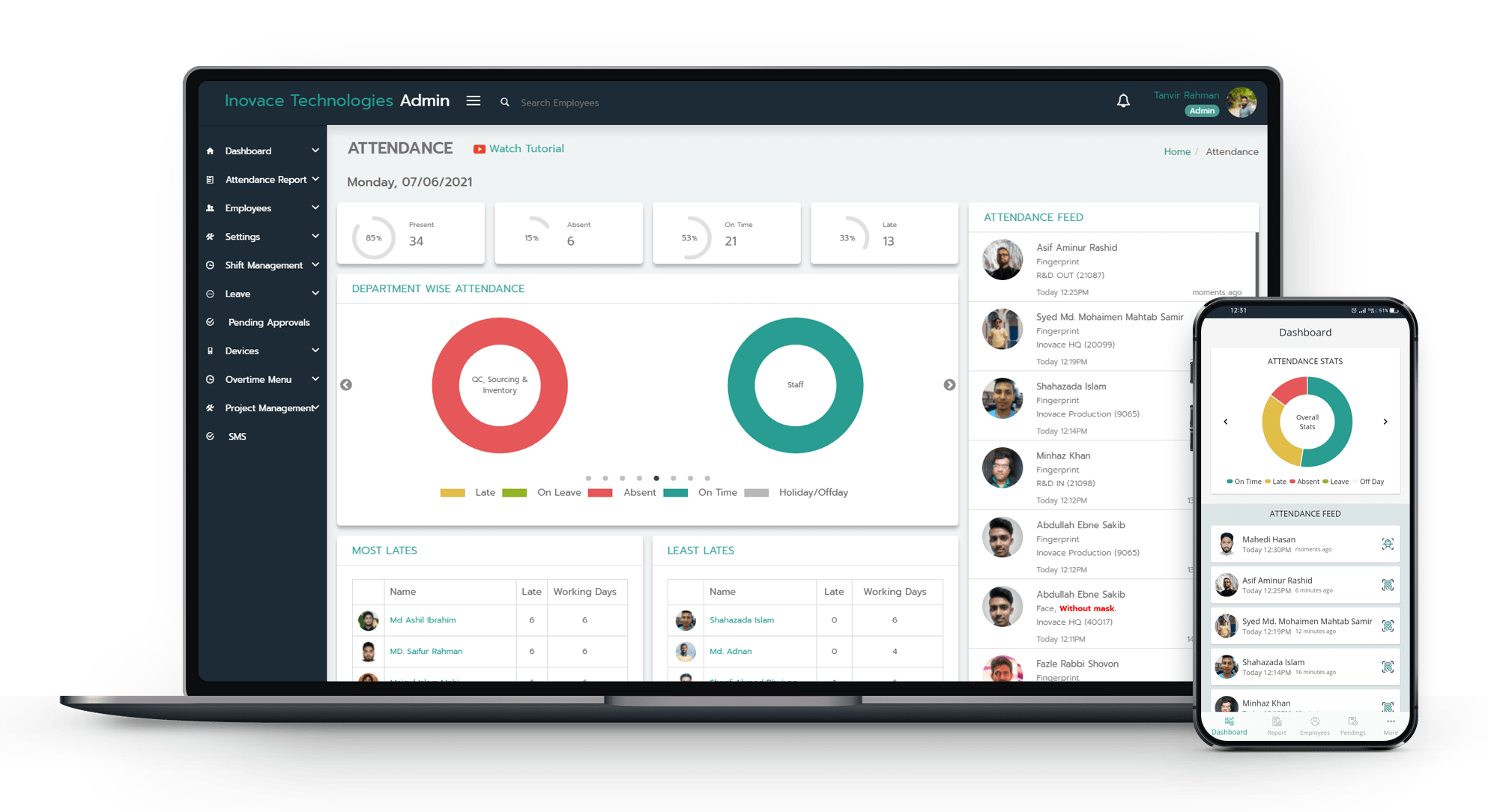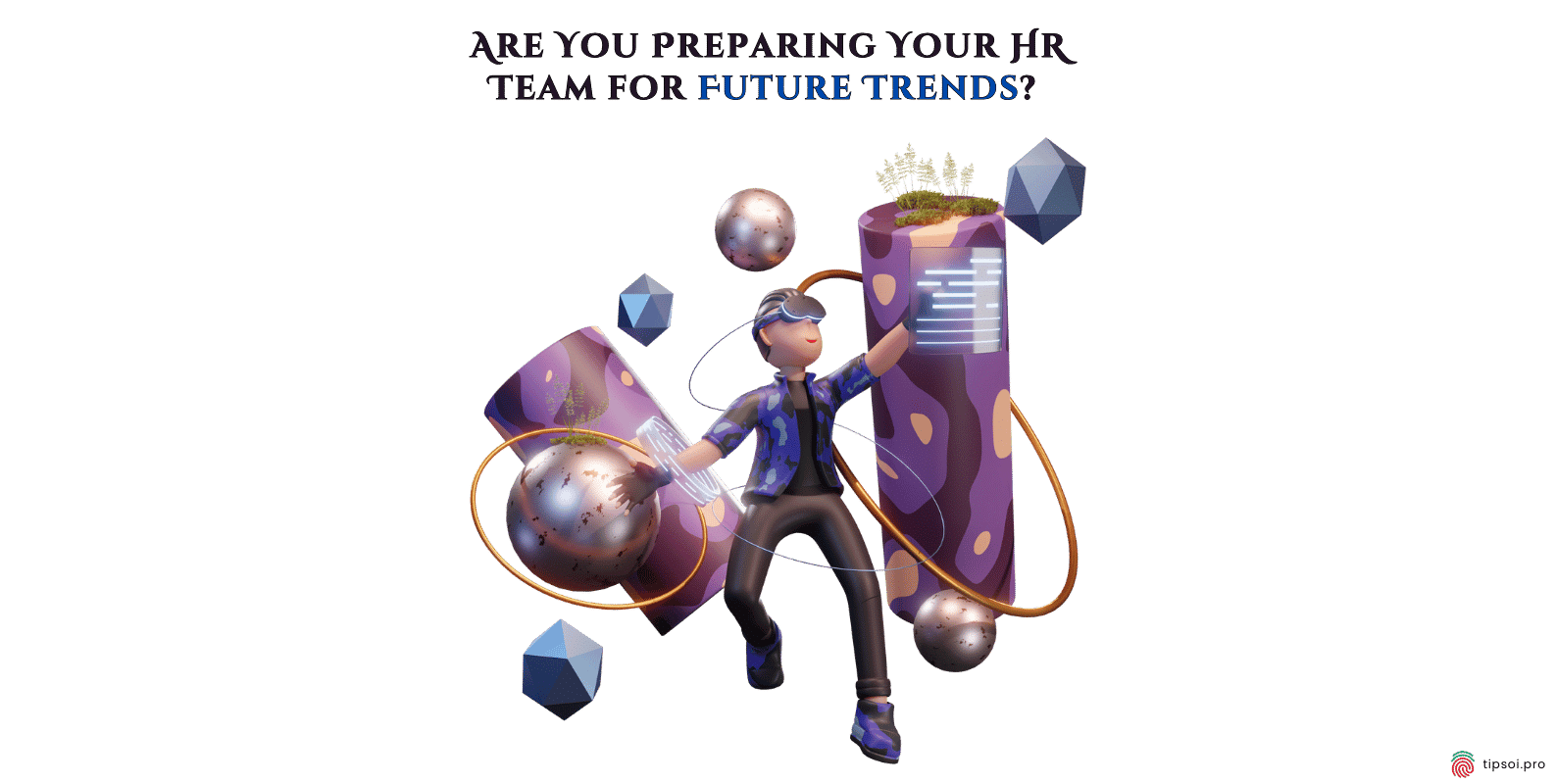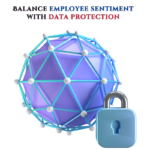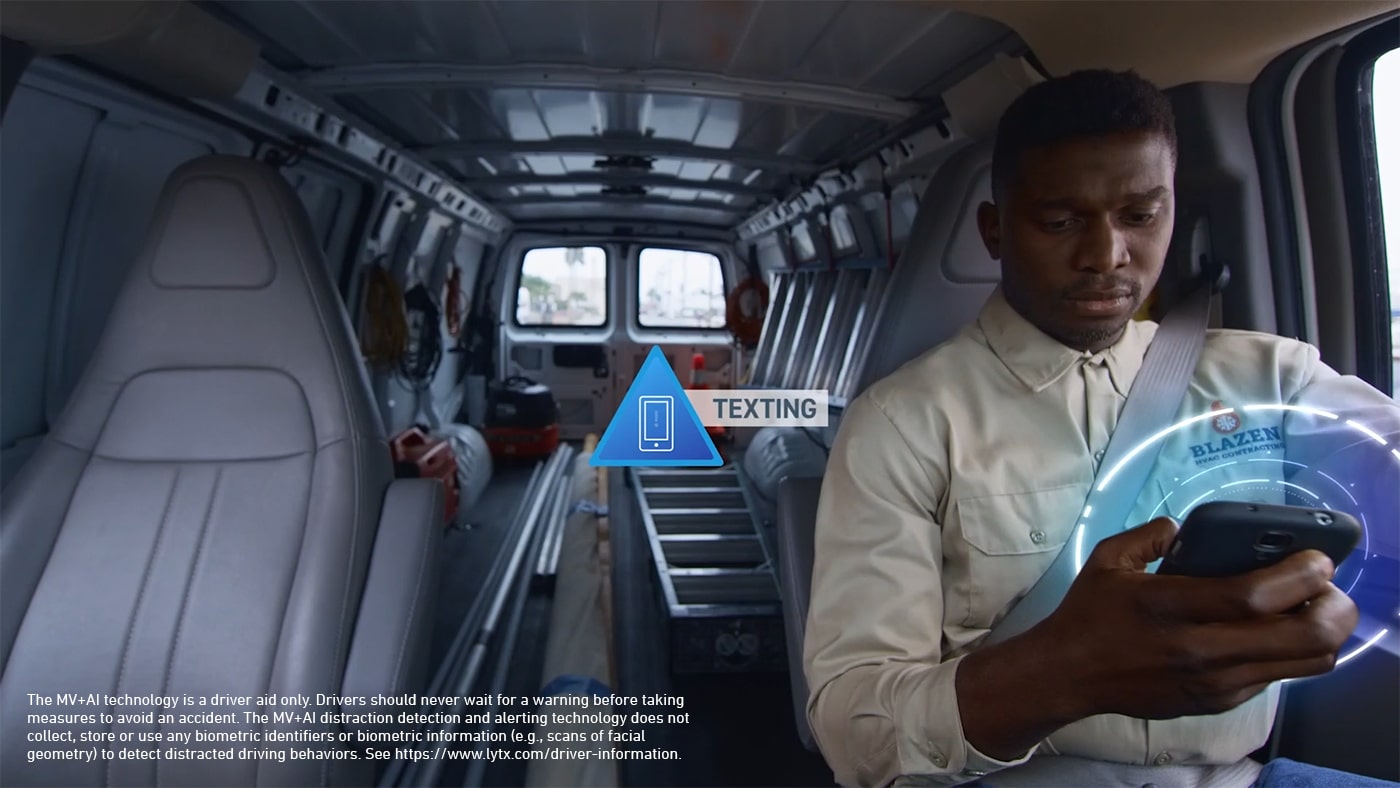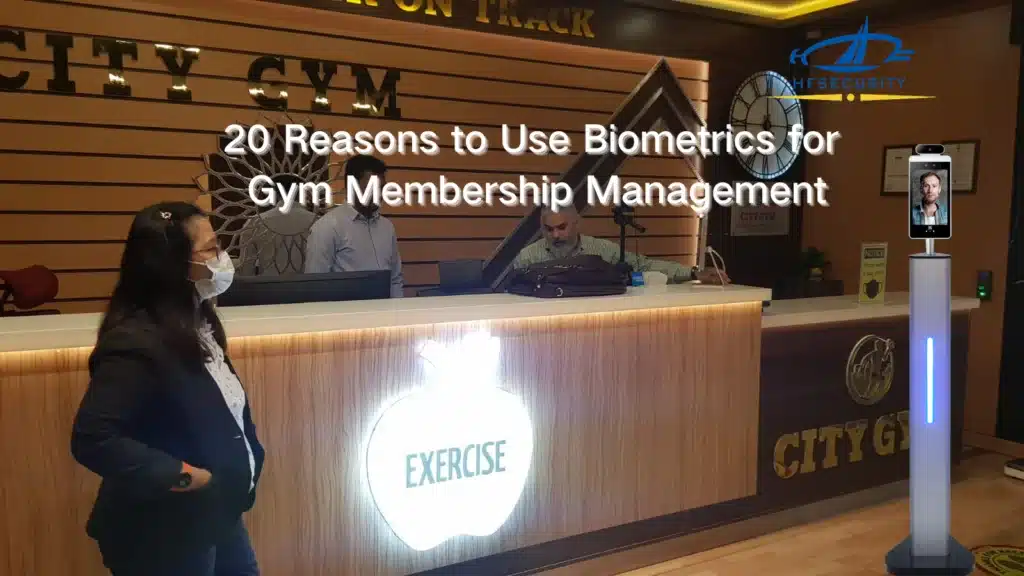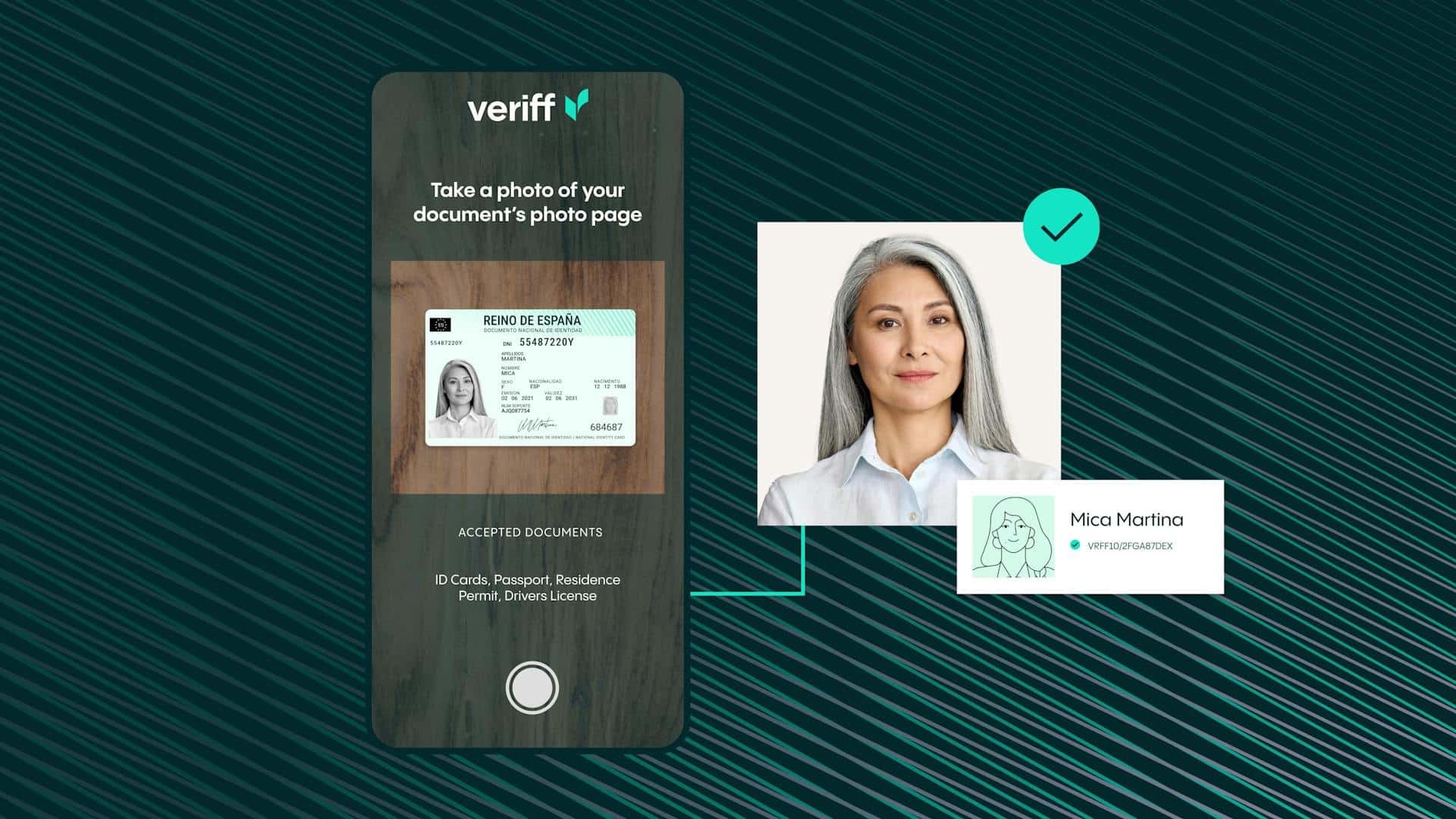All right, as the HR landscape rapidly evolves, preparing HR for future trends is paramount. By focusing on emerging trends and proactively adapting to them, you can ensure your HR department remains ahead of the curve. Here’s a detailed guide on how to prepare your HR team for the upcoming trends in the industry. The winds of change are howling, and the future of work is anything but business as usual. But fear not, because, with a little foresight and a dash of preparation, your HR team can ride these waves like seasoned pros.
So, what’s brewing on the horizon? Think AI-powered recruitment, virtual workplaces, skills-based hiring, and a whole lot more. It’s a brave new world, and to thrive, your HR team needs to be as adaptable as a chameleon.
Step 1: Embrace the Lifelong Learning Mindset (aka Future Trends)
People who are always learning will have a bright future. You should encourage your team to take online classes, watch talks, and read trade magazines. You can think of it as a gym ticket for their minds. Working out their learning skills will keep them ahead of the game.
Fostering a culture of continuous learning is crucial when preparing HR for future trends. You could offer rewards like paying for their school or giving them money to help them grow professionally. Don’t forget that investing in the growth of your team is also investing in the future of your business.
Step 2: Build a Tech-Savvy Team
The world of HR technology is changing as quickly as a chameleon’s color range. It’s important to keep up with the newest tools, like apps driven by AI and identities based on blockchain. Get your team to try out new tools and go to conferences in their field.
Equipping your HR team with technological proficiency is key to preparing HR for future trends. Think about working with tech companies that offer help and training. They will help you and your team find their way through the constantly changing tech world.
Step 3: Embrace Futuristic Technology and Automation
Invest in HR Tech Tools
For processes to run more smoothly and efficiently, you need to spend money on new HR technology. Tools like applicant tracking systems (ATS), sites for keeping employees engaged, and HR data software should be used. Leveraging HR tech tools is a fundamental aspect of preparing HR for future trends.
Training on New Tools
Conduct regular workshops and provide access to online courses to ensure your team is well-versed in using these new technologies. For example, companies like Unilever use AI for resume screening, cutting down their hiring time by 75% (SHRM).
Real-World Example: Unilever’s use of AI in their hiring process cut the time it took to hire people by a large amount, which improved total efficiency (SHRM).
Step 4: Focus on Data-Driven decision-making
Utilize HR Analytics
Use data to help you decide who to hire, how to train them, and how to keep them. Use tools like Google Analytics for HR to keep an eye on employee involvement and success. Data-driven decision-making is a cornerstone of preparing HR for future trends.
Regular Data Review Meetings
Set up meetings every month or three months to go over data ideas with your team. This helps find patterns and places to make things better. Deloitte says that companies that use HR data have seen a 30% rise in employee success (SHRM).
Step 5: Promote Continuous Learning and Development
Prioritizing employee well-being fosters a resilient workforce, which is essential when preparing HR for future trends.
Implement Learning Management Systems (LMS)
Offer personalized training programs through LMS tools like Cornerstone OnDemand to encourage people to keep learning. Investing in employee development through LMS and certifications is integral to preparing HR for future trends.
Encourage Certification Programs
Help your team get the certifications they need. IBM’s digital badges for tech training classes have made people more interested and satisfied (SHRM).
Real-World Example: AT&T’s AI-powered learning tool helped over 100,000 workers learn new skills, which led to better job performance (SHRM).
Step 6: Prioritize Employee Well-being and Engagement
Adopt Wellness Programs
Start health programs to make your employees happier and more productive. Manage health and keep track of activity with apps like Virgin Pulse (SHRM).
Use Engagement Surveys
Ask your workers how satisfied and engaged they are with their jobs on a regular basis. Platforms like TINYpulse offer pulse polls that show how happy and motivated your employees are right now. A Gallup study found that companies with highly involved employees make 147% more per share than their peers (SHRM).
Real-World Example: Microsoft creates a good work environment by using involvement tools to notice and thank employees for their hard work (SHRM).
Step 7: Enhance Diversity and Inclusion Efforts
Cultivating a diverse and inclusive workplace is a critical aspect of preparing HR for future trends.
Develop a D&I Strategy
Innovation and growth happen in places of work that are diverse and welcoming. Make a full D&I plan that includes regular events for training and raising understanding. According to SHRM, companies in the top quartile for gender diversity are 21% more likely to do better than their peers (SHRM).
Set Measurable Goals
Set clear, measurable goals for your D&I projects. Track your work and make changes to your plans as needed. For instance, SAP’s strong D&I program focuses on female equality, which leads to a more welcoming workplace atmosphere and better business results (SHRM).
Step 8: Strengthen Compliance and Risk Management
Staying abreast of evolving regulations and compliance requirements is crucial to preparing HR for future trends.
Stay Updated on Regulations
Stay up-to-date on the newest work laws and rules. To keep an eye on changes and make sure people are following the rules, use automatic compliance tracking tools like Zenefits (SHRM).
Regular Training Sessions
Hold regular training classes for your team on how to control risks and follow the rules. These meetings help keep people out of trouble with the law and encourage a mindset of responsibility. According to PwC, automated compliance tools can cut the cost of compliance by as much as 50% (SHRM).
Real-World Example: General Electric stays ahead of changes to regulations by using data analytics to successfully control risks and ensure compliance (SHRM).
Step 9: Foster Agile and Flexible Work Environments
Adapting to flexible work arrangements and remote work capabilities is vital for preparing HR for future trends.
Promote Remote Work
Encourage flexible work schedules to get people more motivated and get more done. Owl Labs did a study that showed that people who work from home are 24% more likely to be happy with their jobs than people who work in an office (SHRM).
Use Collaboration Tools
Use tools like Slack and Microsoft Teams to make it easier for workers in and out of the office to talk to each other and work together. These tools make sure that everything runs smoothly.
Real-World Example: During the pandemic, Amazon has kept employees productive and happy by allowing them to work from home and using teamwork tools (SHRM).
Real-World Examples: Companies Leading the Charge
Companies like PwC are setting the standard for preparing HR for future trends by investing in their teams’ digital skills.
PwC: As a way to help its workers adapt to the changing workplace, PwC has started a program called “Digital Fitness” to help them learn new digital skills. (Source)
Unilever: This consumer goods giant has put in place a tool called “Unilever Foundry” that uses AI to find the best employees. (Source)
Your Action Plan: A Checklist for Preparing HR for Future Trends
- Assess: Identify the skills and knowledge gaps within your team.
- Plan: Develop a comprehensive training and development program.
- Implement: roll out the program and provide ongoing support.
- Measure: Track progress and adjust your strategy as needed.
- Celebrate: Recognize and reward your team’s achievements.
Remember: Preparing HR for Future Trends of work is a marathon, not a sprint. By taking these steps, you can ensure your HR team is well-equipped to navigate the challenges and opportunities that lie ahead. So, what are you waiting for? Let’s get this show on the road!
FAQs for Preparing HR for Future Trends
Prioritize data analysis, tech savviness, adaptability, communication, and a deep understanding of your industry’s unique needs.
Offer incentives like tuition reimbursement, create a culture that values learning, and highlight the career benefits of continuous development.
Industry conferences, webinars, online courses (like those on Coursera or LinkedIn Learning), and publications like HR Technologist are great starting points.
Absolutely. Technology should enhance human skills, not replace them. Ensure your team balances tech with empathy and interpersonal skills.
Encourage brainstorming sessions, allow for experimentation, celebrate creative ideas, and learn from failures.
Companies like PwC (with their Digital Fitness program) and Unilever (utilizing AI in recruitment) are leading the charge.
Start by assessing your team’s needs, define clear objectives, choose relevant training methods, implement the program, and continuously evaluate its effectiveness.
Track key metrics like employee engagement, retention rates, time-to-hire, and cost-per-hire. Gather feedback from your team and employees to gauge their satisfaction with the training.
Resistance to change, budget constraints, lack of time, and difficulty keeping up with the rapid pace of technological advancements are common hurdles.
Tipsoi
Cloud-Based HR Automation System (Customizable According To Your Need)
➲ All-in-One HR Help:
Fingerprint, RFID, face recognition? Yeah, we’ve got those, all synced up with our web and mobile apps. Attendance, shifts, leave, expenses, payroll, benefits, loans… consider it handled.
➲ World Domination (HR Edition):
Multiple offices? Remote teams? No problem. Our central monitoring puts you in the driver’s seat, giving you real-time insights into your entire workforce, no matter where they are.
➲ Mobile Punch, No Excuses:
Got employees out in the field? Let ’em clock in and out on their phones. We’ll even use Google Maps and a selfie to make sure they’re not sneaking off for a beach day. Our mobile punch feature, complete with GPS and image verification, gives your employees the freedom and flexibility they crave, while still ensuring accountability.
➲ Shift Management: Perfected
Create and manage shifts with a few clicks. No more schedule conflicts, no more confusion. Just pure, streamlined efficiency. With Tipsoi it’s easy to set up and monitor different work shifts and make sure people are working when they’re supposed to.
➲ Employee Data: Organized, Accessible, & (Dare We Say) Enjoyable:
No more digging through piles of paperwork. All your employee information is stored securely in the cloud, accessible anytime, anywhere. It’s like having your own personal HR assistant, always at your service.
➲ Versatility and Scalability:
From Fortune 500 companies to local startups, Tipsoi’s got the flexibility to handle it all. We scale with you, adapt to your needs, and empower your HR team to conquer any challenge. Whether you’re a small startup or a global enterprise, Tipsoi is designed to grow and adapt with you. We’re flexible, scalable, and always ready to support your unique HR needs. Global giants, local schools, everyone’s using Tipsoi. We’re adaptable, scalable, and ready to take on your HR challenges.
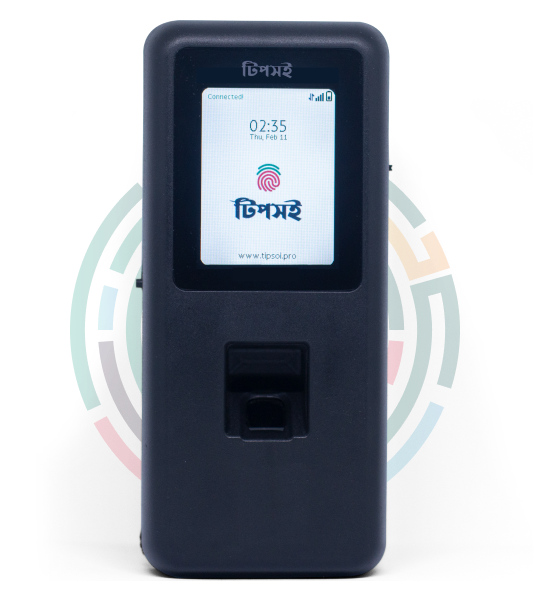
Biometric Authentication Device by Tipsoi
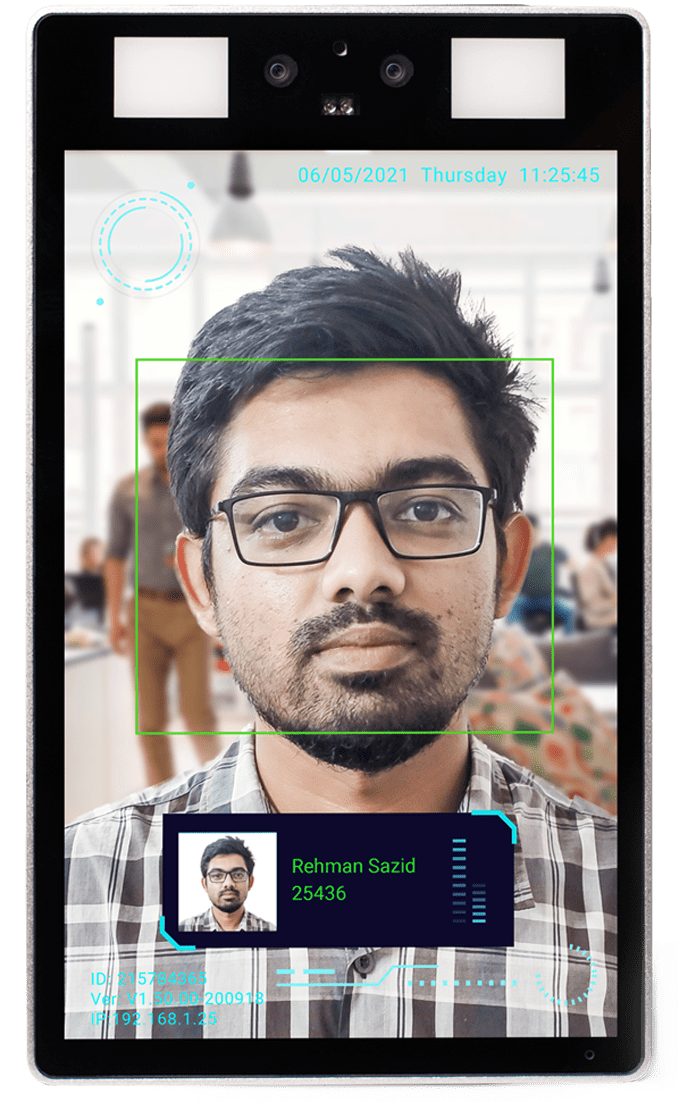
Tipsoi Fastface
Smart Attendance Solution
Inovace Technologies has introduced Tipsoi Fastface, an intelligent
Facial recognition-based device has four different options for you to choose from:
Tipsoi is a cloud-based HR platform that can be accessed from anywhere in the world. It is also customizable and affordable.
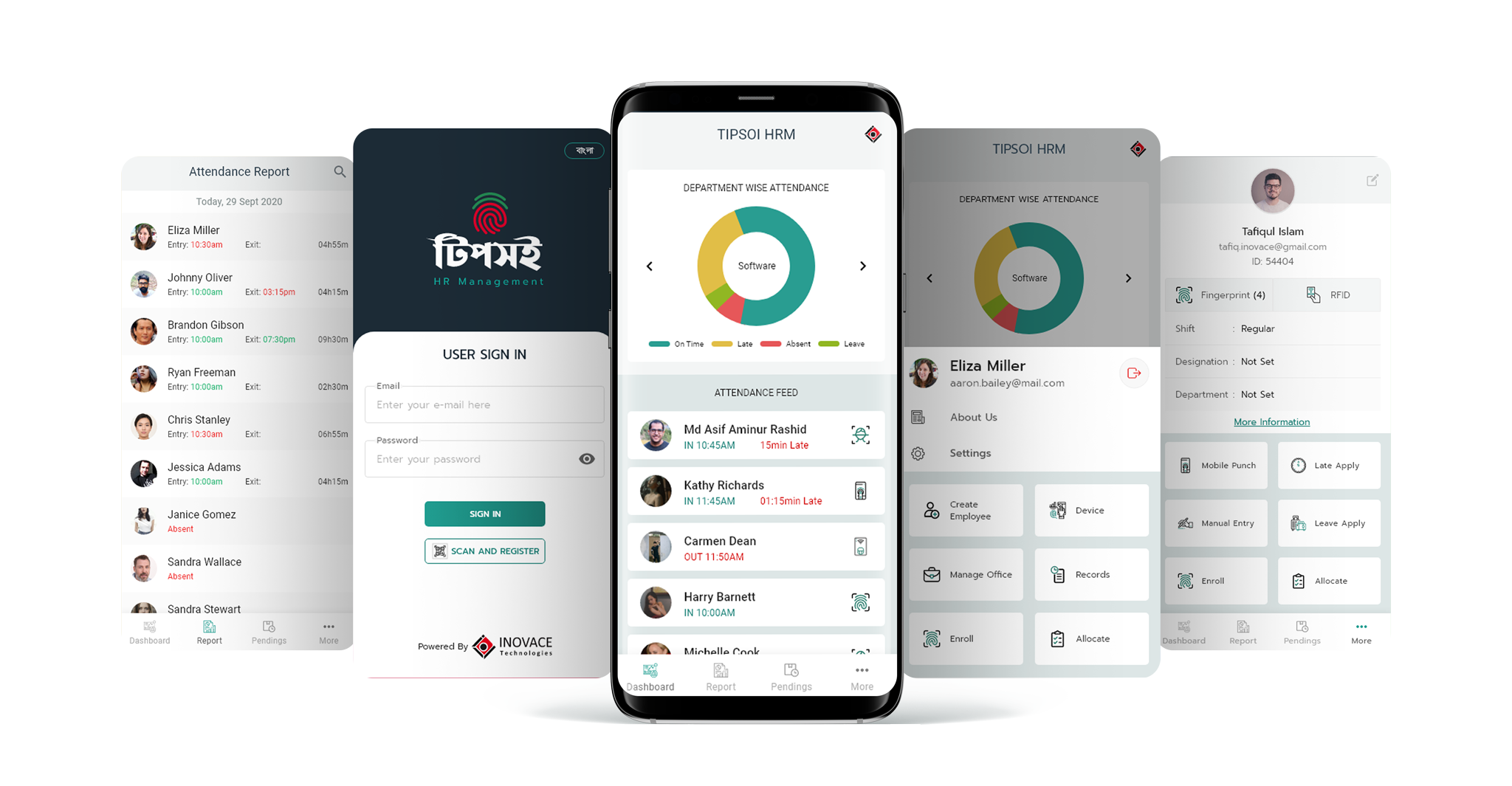
Here are some additional benefits of using Tipsoi:
- Improved security: Tipsoi uses state-of-the-art security measures to protect your data.
- Increased efficiency: Tipsoi can help you automate many HR tasks, saving you time and money.
- Improved accuracy: Tipsoi can help you track employee attendance and other data more accurately.
- Better reporting: Tipsoi can help you generate reports on employee activity, which can help you make better decisions about your workforce.
